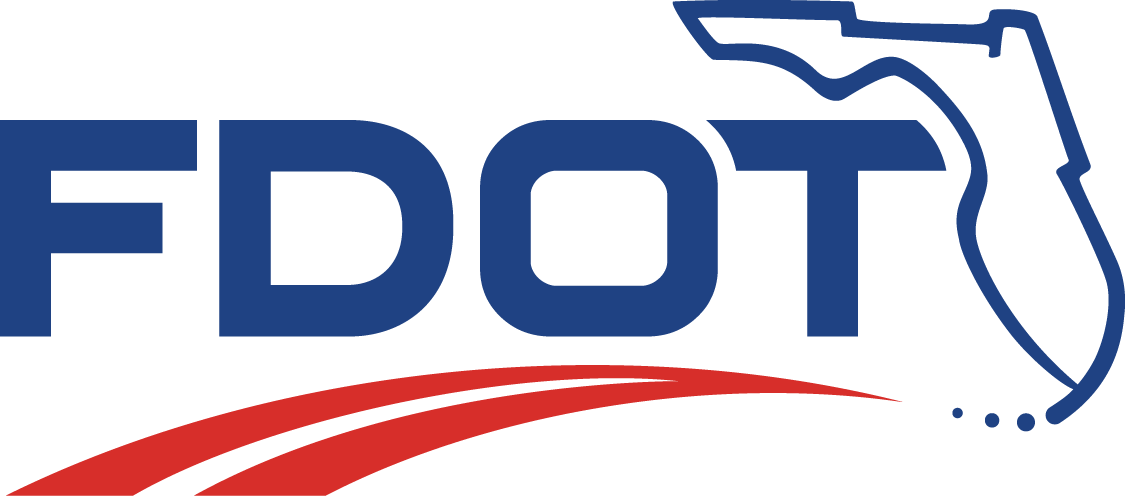
For Immediate Release
November 14, 2022
Florida Department of Transportation Recognizes Crash Responder Safety Week
TALLAHASSEE, Fla. — This week, the Florida Department of Transportation (FDOT) is joining partners across the state in recognizing Crash Responder Safety Week. This observance recognizes the critical role traffic incident responders play in saving lives and keeping traffic moving on Florida’s roadways.
Since its inception in 2000, more than 6.1 million assists have been made by FDOT’s Road Ranger program- a service that provides free highway assistance during traffic incidents, reducing delays and improving safety for motorists and first responders. Road Rangers are often among the first individuals on the scene of a traffic incident and work quickly to ensure that lanes are clear and motorists are able to safely maneuver around the disabled vehicle(s).
“Traffic incident responders are vital to keeping our roadways safe and efficiently moving, and this week provides us with an opportunity to highlight these roadside heroes,” said Florida Department of Transportation Secretary Jared W. Perdue, P.E. “Though they perform their job without thought of recognition, the quick and safe roadway management they provide has saved countless lives in every corner of the state. As these responders work around the clock to keep us safe, let’s do our part to keep them safe, too."
The nature of the work for FDOT’s Road Rangers comes with an increased risk for injuries, as these responders work directly along Florida’s busiest roadways. Since 2014, approximately 247 Road Rangers were struck by passing motorists while tending to disabled vehicles, 47 of which resulted in serious injuries.
To help mitigate the rise of secondary crashes and roadside injuries, FDOT has developed innovative strategies to improve the safety of Road Rangers while on the job. Unveiled earlier this year, the real-time Lane Closure Notification System was implemented to provide advanced notice of construction zones to road users through navigation apps, such as Google Maps and Apple Maps, with the ability to aid them in navigating these zones safely. In a similar coordinated initiative, Road Rangers can now send data to these navigation apps that will warn approaching motorists about the presence of a stopped responder vehicle to allow time for them to move over and avoid a collision. Additionally, FDOT continues to explore ways to better equip Road Ranger vehicles with added safety measures to further protect them while they serve their communities. These tactics and more are actively being researched and implemented across the Road Ranger program and will contribute to building a safer transportation network for responders and motorists.
The safety of our roadways is a shared responsibility and is dependent upon collaboration with community partners and the public. Alongside FDOT’s Road Rangers, Florida’s law enforcement, tow truck drivers, and other transportation officials play a key role in this effort. Motorists can help protect traffic responders while they assist others by avoiding distractions while driving, slowing down, staying alert, and moving over a lane when passing Road Rangers and other stopped emergency vehicles on the road.
###
www.fdot.gov | Twitter: @MyFDOT | Facebook: @MyFDOT
The Florida Department of Transportation’s mission is to provide a safe transportation system that ensures the mobility of people and goods, enhances economic prosperity and preserves the quality of the state’s environment and communities. The department is committed to building a transportation system that not only fits the current needs of Florida’s residents and visitors but also enhances mobility throughout the state to accommodate its consistent and rapid growth. The unique nature of the Sunshine State and its year-round warm climate provides numerous opportunities to achieve the department’s mission through multiple transportation modes including highways/streets, air, rail, sea, spaceports, transit, and the ever-expanding deployment of bicycle & pedestrian facilities.

